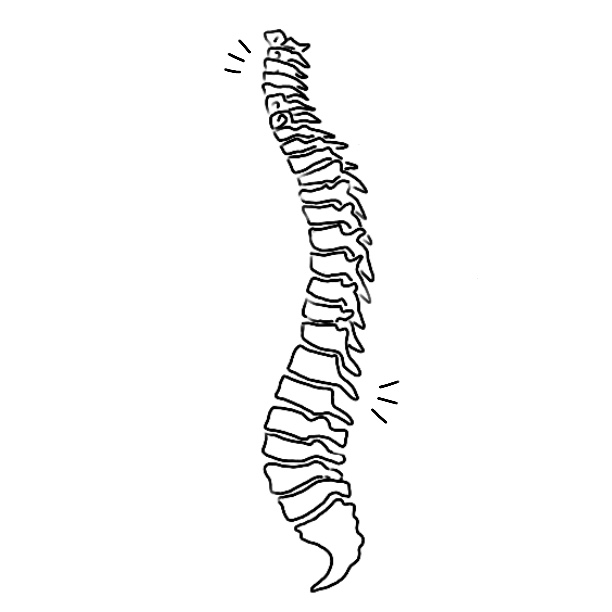The world is in bad shape.

In Palestine, the Congo, Syria, and Sudan, people are dying through systems of oppression. Across the world, members of the LGBTQ+ community fear that expressing love will end their lives. Everywhere you look, there is a cost of living crisis and a cycle of poverty so powerful that it absorbs more people than it will ever let escape. The rich enjoy luxury yachts powered by non-renewable resources, the extraction of which will lead to the end of our planet. In short, we are fucked.
And people seem not to care?
But not in a numb, I-cannot-do-anything-about-it-so-why-should-I-care kind of not caring. Sure, these people exist, and they live their lives in purposeful ignorance. Instead, I am talking about the people who claim to be firm believers in equality and those who take pride in standing up for justice. They are the kind of people who ensure the prevention of slurs and harbour a dislike for governments that oppose LGBTQ+ rights. Although they serve a purpose in helping keep the world a more politically correct space, I think I can accurately say that these actions are more for them than for the communities they are supposedly advocating for. Moreover, I genuinely believe these kinds of allies do more harm than good for social movements due to their endemic inability to take a fucking stance. They falter when push comes to shove, and they choose the status quo.
Before I go further, I would like to clarify that the kind of person I am describing is someone who does not face discrimination. This is a person whose participation in movements for equality is optional, unlike BIPOC, openly LGBTQ+ folks, or disabled people.
It is not impressive for someone who lives in Canada to be an ally. We live in a very accepting society where not being a bigot is widely considered to be the norm. Sharing a post on your Instagram story once is insufficient. You do not get to call yourself an ally just because you went to a Black Lives Matter march or own an orange t-shirt. You do not get a prize for not being racist or a medal for having a gay friend. Being an ally to oppressed communities means that you continue to advocate for their emancipation even when it’s not the popular thing to do.
Since the October 7 attacks on Israel, the fact that people’s ability to be an ally is dependent on what is popular has become increasingly apparent. I was dismayed to see people whom I hold in high regard, and who have every bit of intelligence and education necessary to be able to form an independent opinion, were unable to conclude that Israel’s murder of thousands of civilians is bad. They aim to adopt a neutral stance because the situation is becoming increasingly complex, and they wish to avoid aligning themselves with the wrong side of history.
For the average Joe, this method works fine. As much as I encourage everyone to take an interest in politics because, surprise, politics impacts everyone, I do not hold the same disdain for those who are removed from politics opposed to those who do not want to have an opinion on everything. However, suppose you make it a point to be a part of advocacy groups. In that case, if you see yourself as someone committed to making the world a better, more just place, it is your duty and responsibility to have an opinion. It does not have to be perfect. You do not need to have a history degree. However, you should strive to educate yourself sufficiently and possess a strong moral compass that allows you to take stances against oppression, even before mainstream media controlled by elites chooses to publish opinions supporting the oppressed solely when it becomes profitable to do so. You are not an ally if you are waiting for permission to support a cause.





